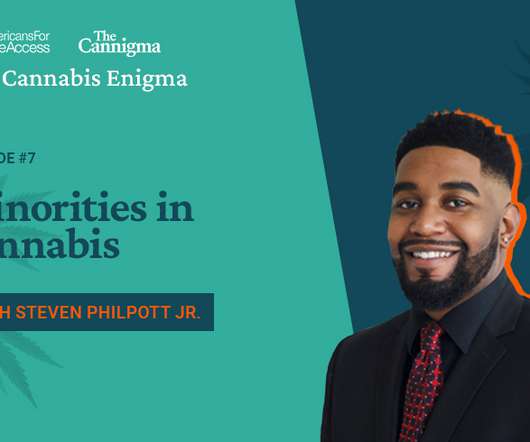NORML: DEA Reports Significant Uptick in Marijuana-Related Seizures, Arrests
Cannabis Law Report
JUNE 16, 2022
According to figures published in the DEA’s Domestic Cannabis Eradication/Suppression Program Statistical Report, agents and their partners confiscated approximately 5.53 The totals are the highest reported by the agency since 2011, when it reported making an estimated 8,500 marijuana-related arrests and seized some 6.7












Let's personalize your content